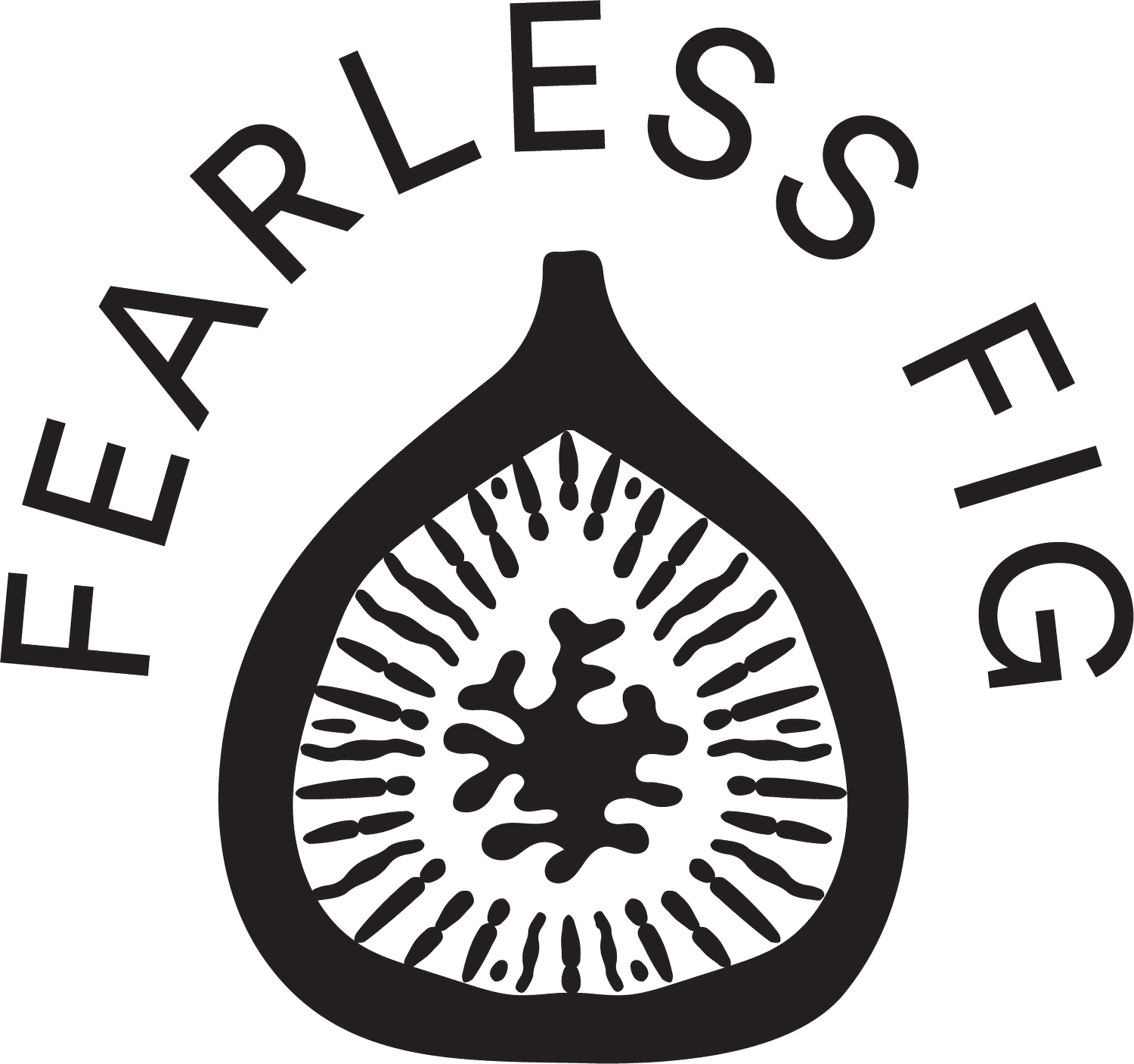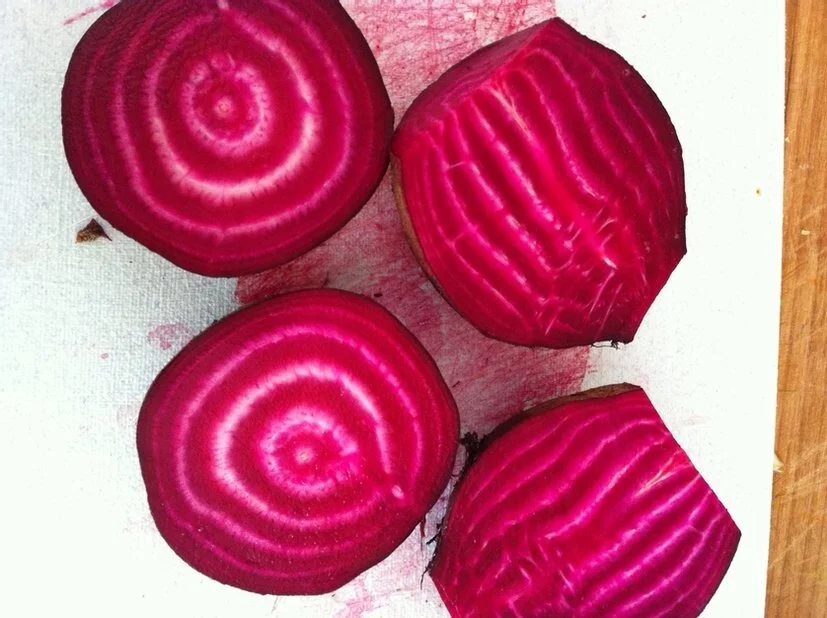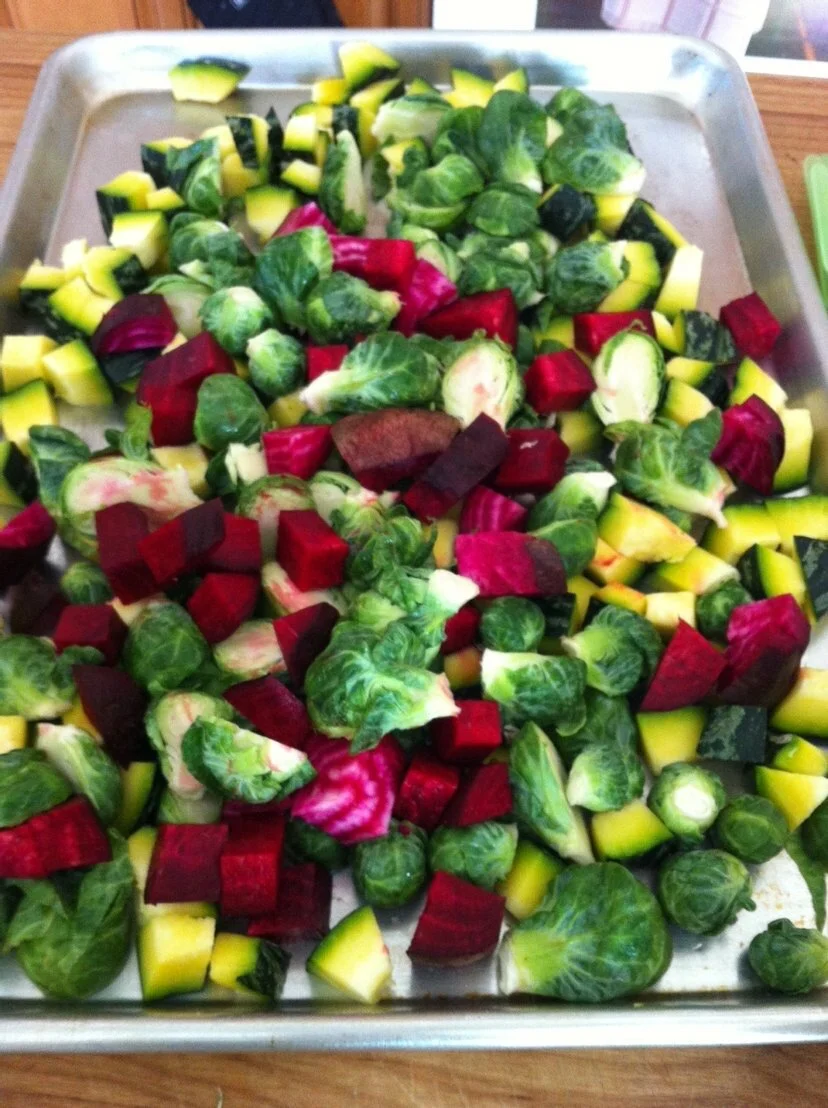My Secret Weapon to a Better Workout
Do you want to feel good? Do you want to rock your workout? Well join me as I nerd-out, yeah nerd-out, over beets, my secret workout weapon. For more recipes, tips for enhanced performance and nutrition for athletes, check out the FUEL FOR PERFORMANCE meal plan developed by an actual sports dietitian, me!
Beets
Nitrates found in beetroot and leafy greens are linked with decreased blood pressure, improved blood flow and a decreased amount of oxygen needed during exercise. When nitrates are consumed, the body converts it into biologically active nitrites and then to nitric oxide. Nitric oxide in the body regulates blood flow, muscle contraction and the function of mitochondria. And you want to hear the best part? The foods you eat can impact and raise the amounts of nitric oxide circulating in the blood stream, specifically BEETS! Check out the end of the article for a great way to incorporate beets into your diet.
If you are open to drinking beets, beetroot juice was analyzed and found to decrease blood pressure after about 3 hours of ingestion. When looked at over a longer period of time, about 6 days, beetroot juice was found to increase the amount of nitrates in the body leading to an increased time to exhaustion during high intensity cycling, meaning your body can go harder for longer! The body was using less oxygen and needed to produce less ATP (molecules needed to create energy). Just 1/2 cup of beetroot juice improved ability to exercise at high intensity for a longer period of time.
In people with peripheral artery disease .5 liters of beetroot juice was given and it reduced blood pressure and allowed subjects to walk further without pain. This is linked to the nitrate concentration of the beetroot juice and its ability to open up blood vessels and deliver oxygen more effectively to the tissues of the body. Beets also contain betaine, quercetin, resveratrol which have also been linked decreased blood pressure and improved exercise performance.
As with everything, it is important to be moderate with beetroot juice intake. Even though diets high in dietary nitrates are associated with lower blood pressure and a decreased risk of cardiovascular disease, drinking gallons of beet juice per day in not recommended. Too much can lead to low blood pressure especially if combined with other vasodilatory drugs or creatine. The dose of dietary nitrates used in research to reduce blood pressure and the oxygen cost of exercise range from 300-500mg. Including foods that are high in nitrates can hit these levels easily. Some of the best sources of dietary nitrates come from red beetroots, celery, cress, chervil, lettuce, spinach, fennel, leek, parsley and arugula.
So what is the difference between nitrates found in beetroot juice and the nitrates we hear about that cause cancer? Nitrates, like the one found in veggies, are added to processed meats like bacon to keep them fresh. When you expose a protein that contains nitrates to high heat, a compound called nitrosamines are formed, these are what can lead to cancer. Veggies are rarely exposed to such high heat so the nitrosamines are not formed. Nitrates, before they are converted can also be heart protective and plays an important role in maintaining cardiovascular homeostasis in addition to decreasing pulmonary hypertension.
Fall Roast (Makes 4-5 servings)
3-4 beets
1 pound of Brussels Sprouts
1 small kabocha squash
3 Tbsps coconut oil
Preheat oven to 350 degrees. Cut up all ingredients into 1 inch cubes and add to a large baking sheet (may need two). Massage coconut oil onto veggies until they are evenly coated. Add a sprinkle of salt and pepper. Place baking sheet in oven and cook for 10 minutes and stir. Cook for an additional 15 minutes or until veggies can easily be pierced with a fork.
For more recipes and tips for enhanced performance, check out my FUEL FOR PERFORMANCE meal plan.
#beets #hypertension #workouts #fuelforperformance #sportsnutrition



